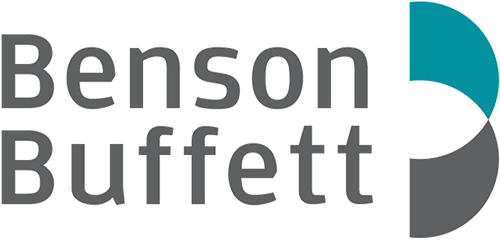

Social Media & Cyber-Bullying: An Employer’s Responsibility
Re: Toronto Transit Commission and ATU, Local 113 (Use of Social Media)
The use of social media platforms has become an essential tool for organizations in the service industry. It allows an organization to receive immediate comments and concerns from its customers which then allows the organization to provide immediate one-on-one support without the customer having to talk to a customer service representative over the phone or face-to-face. However, posts made on social media platforms by customers are subject to little regulation and monitoring. Problems begin to occur when the posts consist of abusive, offensive, discriminatory or threatening language.
Social media platforms are commonly used as forums for cyberbullying and it has become apparent that customers partake in such activity. This issue was addressed in the recent case of Toronto Transit Commission and ATU, Local 113 (Use of Social Media) where a labour arbitrator held an employer liable for failing to protect its employees from harassing and discriminatory posts made by customers on Twitter.
The Toronto Transit Commission (TTC) created a Twitter account to respond to passengers’ questions and concerns regarding the operation of its subways, buses and streetcars. The union representing TTC employees filed a grievance demanding that the TTC’s Twitter account be permanently shut down because it created a platform for passengers to harass, demean and belittle TTC drivers, fare collectors, and other employees. In support of its demand, the Union provided evidence of hundreds of “tweets” from passengers that were profane, abusive, racist, homophobic, threatening and/or discriminatory. Further, the Union alleged that these tweets went unaddressed.
Much like the reasons why other organizations use social media, the TTC justified the use of Twitter by explaining that customers expect them to have a Twitter account, they want to be accessible to customers, they want to interact with customers one-on-one, it allows them to immediately assist customers and de-escalate situations, etc. The TTC also took the position that there were no reasonable steps it could have taken to address the offensive tweets.
The decision of the arbitrator agreed that it is difficult, but not impossible, for an employer to regulate dialogue on social media platforms and that difficulty is no defence to workplace harassment or discrimination. It was held that the employer is the party who has the greatest control over working conditions and it therefore has a duty to intervene in cases of harassment and discrimination. The arbitrator went on to clarify that the duty of intervention requires that an employer take all reasonable measures to prevent harassment or discrimination by third parties, and failure to do so may make the employer liable under occupational health and safety legislation, anti-discrimination legislation, and possibly under applicable collective agreements.
The arbitrator ordered the TTC to create a social media policy that allowed it to effectively address inappropriate tweets. The arbitrator suggested that the policy should make it the responsibility of the TTC to monitor the Twitter account, advise customers who made offensive tweets that the TTC does not condone such comments, demand that customers immediately delete offensive tweets or face being permanently blocked from the Twitter account, and seek the assistance of Twitter.
Although this case occurred within a unionized environment, it is likely applicable to all employment relationships. It is increasingly more common for employers to have a social media presence in order to address client and customer complaints, and employers need to prepare for negative feedback that constitutes personal attacks on their employees. Employers are responsible for the work environment and working conditions. Any influence that third parties, like customers, may have on the work environment and work conditions does not change that.
To avoid liability, employers can take reasonable steps to prevent harassment and discrimination of employees by third parties including:
Create a social media policy. In order to ensure that an employer’s practices are aligned with legislation, collective agreement obligations and case law, employers should implement a policy with guidelines and standards for monitoring social media accounts, responding to customers, and a formal complaint system.
Take a strong stance against offensive and abusive posts. Have a templated response to send to customers with a strongly-worded message indicating that such language will not be condoned and ask them to remove the offensive post immediately. A templated response should ensure neutrality as well as avoid validation of a customer’s inappropriate post. Lastly, consider blocking customers from your social media account if they do not comply with your request.
Take the conversation offline. Instead of continuing to interact with the customer using the social media platform, refer them to an offline complaint mechanism. This will prevent harassing and discriminatory remarks from continuing in a public forum.
The comments contained in this eCaseNote provide general information only and should not be construed as legal advice or opinion. For more information or specific advice on matters of interest, please call our offices at (709) 579-2081.